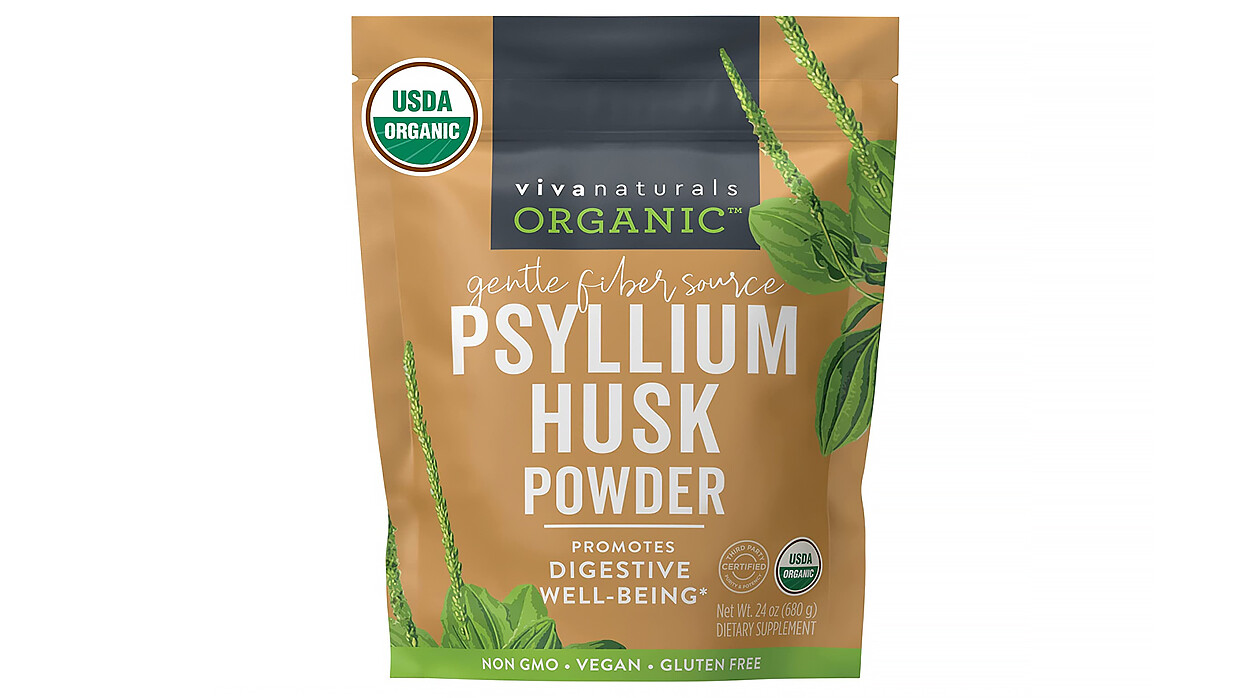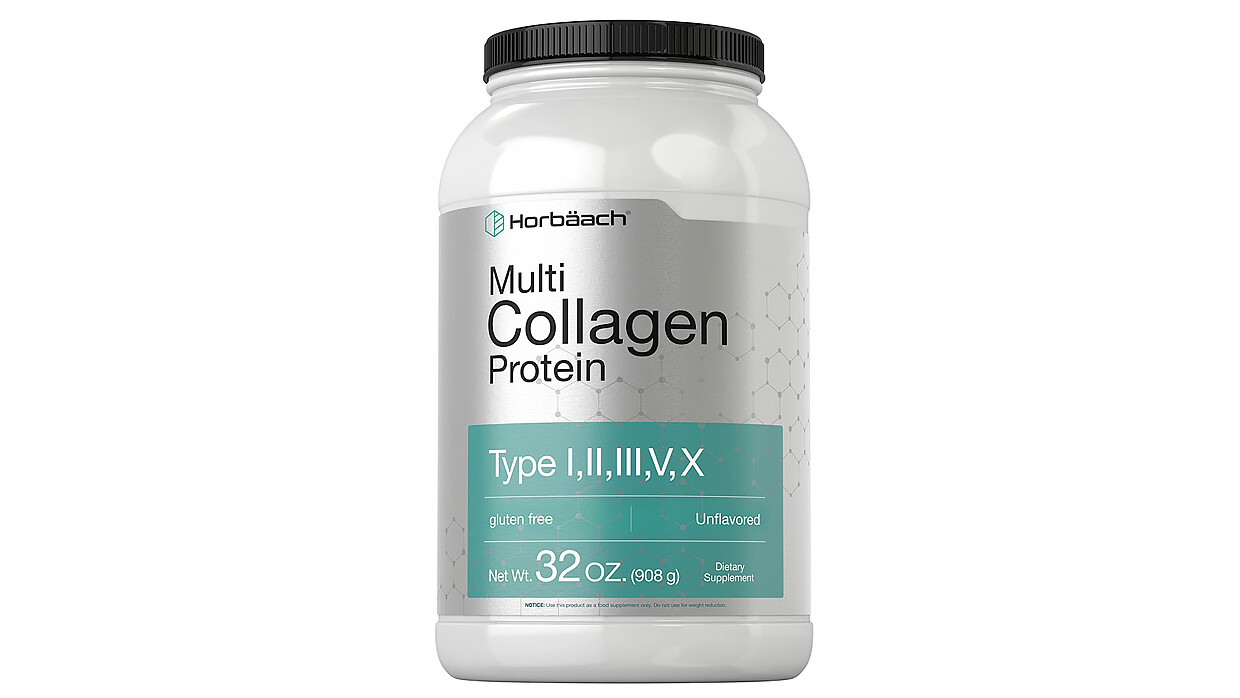- Messages
- 2,405
- Reaction score
- 1,431
- Points
- 113
Health Supplements You Probably Need to Take
It’s always amusing when some keyboard warrior, high on righteous indignation and faux outrage, prances onto one of our social media pages and says, “I found out that you guys sell Biotest supplements. That’s why you recommend them! I got you!”Then he tries to high-five his girlfriend but remembers he doesn’t have one because he has the personality equivalent of OFF! mosquito repellant.
But we don’t make ALL the good supplements out there. Some companies are already doing a great job with certain products. If we can’t improve upon what they’re already doing or come out with something new and cutting edge, we usually just buy their stuff. Like all the stuff below.
Many of these are single-ingredient supplements in the health-improvement category. Others are “use as needed” supps. Here’s the list and why we like them.
Pine bark extract seems like one of those too-good-to-be-true supplements because there are a lot of wide-ranging claims made about it. I’ll get to those, but let’s get to the important benefit: it helps you achieve and maintain a raging erection.
It does this primarily by promoting healthy blood circulation and supporting vascular function. Erections are, of course, all about blood flow. It also promotes nitric oxide production, and nitric oxide is another boner-helper-outer.
“But Chris, I don’t have erectile dysfunction!” Well, neither do I. We also don’t need to be carrying around a lot of extra muscle to function, but it sure is fun.
Pine bark was indeed studied for its effects on ED, and it worked quite well 8. But it also seems to help keep blood pressure in check, aids in prostate health (an enlarged prostate is a boner-blocker), controls glucose levels, reduces DHT, improves skin elasticity, and makes your squat-squashed joints feel better).
If you’re looking to add extra bark to your woody, you could take 120 mg (two 60 mg servings per day) as the participants did in one study. Other studies have shown that as little as two daily 40 mg doses are effective.
I use this bulk powdered version and just scoop out a tiny amount that covers the tip of a standard cereal spoon. (Measuring is for nerds.) Taken with just water, it tastes like, well, pine bark, so I add it to shakes or oatmeal.
 369
369We use Metamucil or its main ingredient, psyllium husk, as a performance-enhancing substance when we compete in the annual Colorado’s Biggest Pooper competition. One of our editors – I won’t say which one – is a three-time grand champion.
No, I’m kidding.
Psyllium husk fiber is a water-loving, non-digestible carbohydrate. Not counting the power-pooping thing, it has some cool benefits:
- Psyllium curbs your appetite. It increases the viscosity of the intestinal tract, which delays intestinal transit time. Basically, it makes you feel full. “Feeling full” is my favorite diet.
- Psyllium controls the release of ghrelin and Peptide YY. Psyllium enhances the effects of these hunger-controlling peptides.
- Psyllium helps your body manage blood sugar, insulin, and HbA1c. Psyllium manages fasting blood sugar and, consequently, insulin levels.
- Psyllium helps with fat loss. Several studies involving diabetics or obese people have found that psyllium (5-10 grams daily) decreases body mass index (BMI).
- Psyllium prevents a few calories from being absorbed by the intestines. It forms a gel in your stomach that traps nutrients inside it. This gel protects these nutrients from the actions of digestive enzymes and makes them less likely to be absorbed. So, taking it before a carb-heavy meal can prevent some calories from being absorbed.
- Psyllium lowers cholesterol. Just as psyllium traps certain nutrients, it also traps cholesterol. Using this fiber lowers serum and liver cholesterol levels while possibly raising HDL cholesterol levels. (Cholesterol is a tricky bastard, though, so be sure to check this out.)
- Psyllium helps out the immune system. Psyllium provides a substrate for certain microbiota in the large intestine, which leads to the production of short-chain fatty acids that impact the expression of several genes, including those that affect your immune system.
- Psyllium may decrease blood pressure and systemic inflammation or at least help a bit.
 804
804Here’s a little behind-the-scenes secret: we’ve thought about making our own collagen supplement for lifters under the Biotest banner. And maybe we will someday. Or maybe not. Until then, a few of us use Horbaach Multi Collagen, a blend of five different types of collagen.
What’s collagen good for? Mainly…
- Restoring lost collagen in ligaments, tendons, cartilage, and skin.
- Reducing joint pain.
- Potentially helping to heal damaged digestive tracts and leaky guts.
- Some other stuff 27.
 384
384Recently, TC Luoma scared the bejeebers out of us with his article, High Lipoprotein (a): The Killer of Healthy Men 16.
To unfairly summarize it: Lipoprotein (a) is a little-known blood factor that affects 25% of people, maybe more. It’s known as “sticky cholesterol” because it promotes (over-promotes?) blood clotting.
Having high levels of lipoprotein (a) increases your chances of coronary heart disease, thickening of the aortic valves, stroke, and even heart failure. It’s an inflammatory, plaque-depositing S.O.B. and I’m scared of it because it can end your life even if you’re a clean-eating, gym-going health nut who’s also super handsome like me.
We may get a drug to fix the problem someday, but right now, our best bet is to take niacin. I hate the skin-reddening flush that comes along with standard niacin. It feels like cockroaches having a BDSM orgy under your skin.
Sustained-release niacin stops the flush, but it’s been implicated in liver damage. So if you’re bugging out about Lipoprotein (a), use extended-release niacin (not sustained). Start with 500 mg. twice a day and slowly increase the dose until you reach 3,000 mg. a day.
 315
315If you’re a health-conscious dude, you want to avoid two big things: cardiovascular problems like atherosclerosis and prostate issues like benign prostate hyperplasia (BPH).
According to TC again in Vitamin K for the Two Biggest Men’s Health Problems, Vitamin K may help prevent both:
- BPH may not be initiated by a hormonal imbalance but by a simple vitamin K insufficiency.
- The vascular calcification that causes a lot of coronary heart disease might be thwarted by taking supplemental vitamin K.
 302
302Coenzyme Q10 – Consider taking 90 to 200 mg. a day to reduce plaque in the arteries and to feed mitochondria.
 374
374Atrantil – Atrantil’s ingredients work simultaneously as prebiotics and postbiotics in your gut. If you have bloating, abdominal discomfort, or a change in bowel movements (either direction) and nothing else seems to work, Atrantil will probably do the trick.
 289
289Organic Cacao – Call this one a food used as a supplement. Non-dutched cocoa or cacao, when added to coffee, boosts coffee’s ability to increase concentration. Seems to be a mild fat burner, too.

